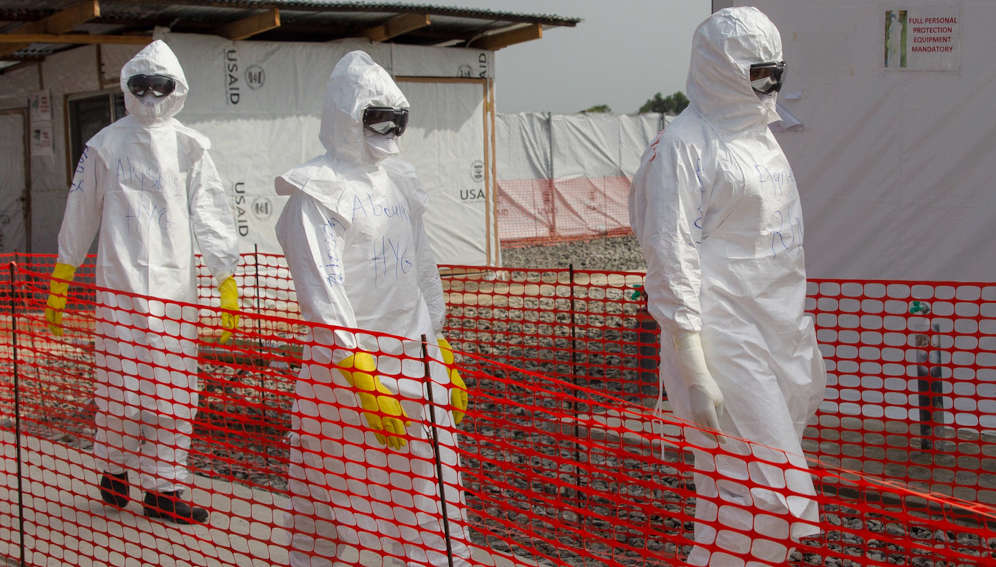05/12/23
African govts to coordinate outbreak response

By: Deborah Samuel
Send to a friend
The details you provide on this page will not be used to send unsolicited email, and will not be sold to a 3rd party. See privacy policy.
[LUSAKA] Over 90 per cent of African countries should be able to coordinate healthcare worker surges and other emergency measures within the next five years when faced with a disease outbreak, under a plan launched by the continent’s health agency.
The plan will enable countries to coordinate their national outbreak response and draw on resources from development partners, through the development of Public Health Emergency Operations Centres (PHEOCs).
Jean Kaseya, director general of the Africa Centres for Disease Control and Prevention (Africa CDC) told a launch event for the plan on 29 November that African countries were not yet prepared to respond to public health emergencies and the only way to prevent and respond to outbreaks was through strong PHEOCs.
“Without effective coordination by the government, we will end up having a haphazard emergency plan.”
Fiona Braka, programme area manager, emergency response at the WHO regional office for Africa
“This is why we are calling all of our colleagues, all of our partners, to consider what we will achieve under this five-year strategic plan,” he said during the event at the 3rd Conference of Public Health in Africa, Lusaka, Zambia.
“We need US$181 million to implement this plan,” he added.
Surge teams
Under the proposals, at least 90 per cent of Member States in the Africa and Eastern Mediterranean regions will have developed a PHEOC and strengthened the capabilities of routine and surge public health teams by 2027.
Surge teams are made up of qualified health staff who are on standby to be deployed at short notice in case of a disease outbreak.
The plan was developed jointly between Africa CDC, the World Health Organization (WHO), the Bill and Melinda Gates Foundation, the UK Health Security Agency, and other development partners.
It comes amid a growing risk of outbreaks in the region as humans encroach further into natural habitats and as disease-carrying insects move into new areas as a result of climate change.
Fiona Braka, programme area manager, emergency response at the WHO regional office for Africa, said countries now understood that health emergencies are rising due to the increasing interface between animals, humans, and the environment.
“Coordination is a component of health security,” she said.
“Without effective coordination by the government, we will end up having a haphazard emergency plan.
“The Emergency Operation Centre … brings all the plans and partners under one roof, working together around national priorities and that is very important with government in the driving seats.”
Speaking at the launch of the plan, WHO regional director for Africa Matshidiso Moeti said the plan will shape the future of public health in the Africa region and the Eastern Mediterranean region.
“Together, we are working on the next phase, ensuring a safer, healthier, and more resilient future where public health emergencies no longer hold us tightened with fear,” she said.
Among a raft of technical requirements, PHEOCs should have the necessary information management and communication capabilities. Under the plan, eight PHEOCs will be designated as centres of excellence by the end of 2027.
Neil Squires, director of global operations at the UK Health Security Agency, said governments needed to ensure that the resources available are used to maximum effect to tackle problems immediately, and that requires a public health workforce.
“Countries in the region need political commitments to support the plan, they need strong national public health institutions to make sure that the plan is in force.”
This piece was produced by SciDev.Net’s Sub-Saharan Africa English desk.













